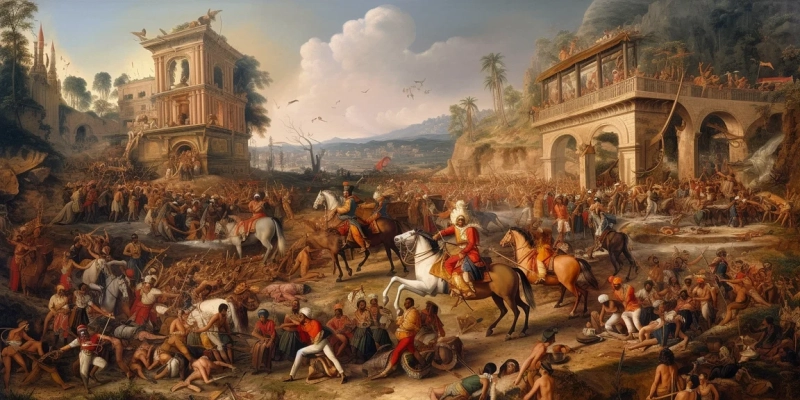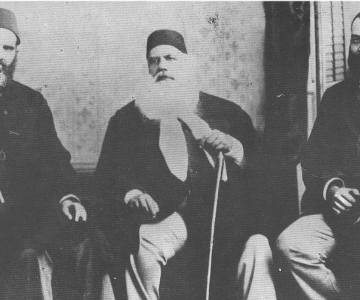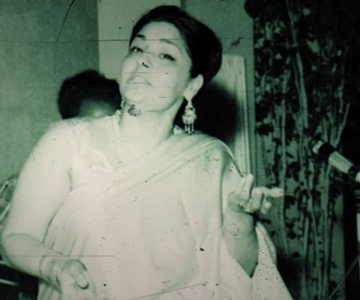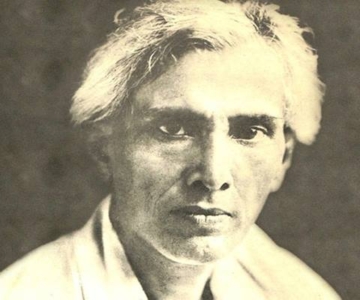India celebrates the 150th anniversary next year of the Indian mutiny or “first war of independence”, when Indian soldiers of the British army rebelled against their colonial masters.
Conventional history says native Hindu and Muslim soldiers, known as sepoys, revolted against the British East India Company over fears that gun cartridges were greased with animal fat forbidden by their religions.
Not so simple, says internationally acclaimed writer and historian William Dalrymple.
In the first of a series of BBC interviews with news makers in South Asia, he says his research for a book on the last Mughal emperor Bahadur Shah Zafar threw up startling revelations.
Why do you say that the 1857 mutiny was primarily a war of religion when it has been widely regarded as a rising against British economic policies?
“It is rather remarkable that all these papers in the National Archives have never been properly explored before” -William Dalrymple
Up to now most of the data used by historians exploring 1857 has come from British sources. In the research for my new book, The Last Mughal, my colleague Mahmoud Farooqi and I have used the 20,000 rebel documents in Urdu and Persian which survive from the sepoy camp and palace in Delhi, all of which we found in the National Archives. In the rebels’ own papers, they refer over and again to their uprising being a war of religion. There were no doubt a multitude of private grievances, but it is now unambiguously clear that the rebels saw themselves as fighting a war to preserve their religion, and articulated it as such.



